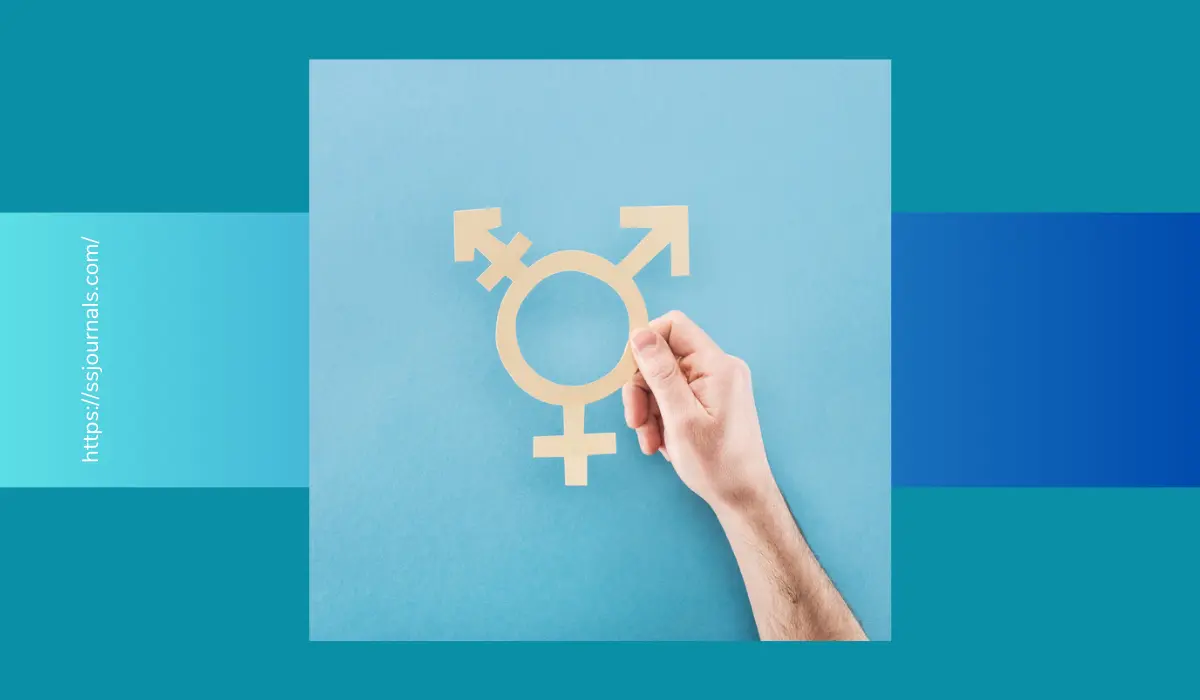Gender dysphoria is a condition where someone experiences distress due to a mismatch between their biological sex and their gender identity. For example, someone who is biologically male may identify as female.
The discomfort they feel about their body not matching their internal sense of gender is called gender dysphoria. This condition was previously known as gender identity disorder or GID.
Gender dysphoria can cause significant distress and problems functioning. People with gender dysphoria often experience high levels of anxiety, depression, and a sense of isolation. They may avoid activities and situations that involve revealing their physical body or interacting with members of the sex they do not identify with.
Gender dysphoria is not very well understood, but it seems to be caused by a complex combination of genetic, hormonal, and environmental factors. There are a number of ways that people with gender dysphoria can find relief from their symptoms.
What Is Gender Dysphoria?

Gender dysphoria is a diagnosis listed in the Diagnostic and Statistical Manual of Mental Disorders (DSM-5) which describes the distress and problems functioning that trans people may experience. The essential aspect of gender dysphoria is the presence of clinically significant distress associated with the condition.
To be diagnosed with gender dysphoria, a person must exhibit a marked incongruence between their experienced gender and their assigned sex at birth, which lasts at least 6 months. This incongruence must manifest as at least two of the following:
- A marked incongruence between one’s experienced gender and primary and/or secondary sex characteristics
- A strong desire to be rid of one’s primary and/or secondary sex characteristics
- A strong desire to have the primary and/or secondary sex characteristics of the other gender
- A strong desire to be of the other gender
- A strong desire to be treated as the other gender
- A strong conviction that one has the typical feelings and reactions of the other gender
In addition to distress and incongruence, the individual must also experience impairment in social, occupational, or other important areas of functioning.
What Are The Symptoms Of Gender Dysphoria?
People with gender dysphoria may experience a wide range of symptoms, including:
Persistent, intense discomfort with their biological sex characteristics, such as breasts, genitals, facial hair, body shape, or voice pitch
A deep unhappiness about their assigned gender role, such as being seen as a man when they identify as a woman
An intense desire to get rid of their physical sex traits and acquire the features of their identified gender
A strong desire to be treated as the gender with which they identify
A preoccupation with their gender identity, including compulsively trying to figure out why they feel the way they do or asserting their desired gender
A belief that their feelings and reactions are typical of the gender with which they identify
Discomfort changing clothes or using public restrooms due to the mismatch between their appearance and identity
Avoiding mirrors or photographs of themselves
Social isolation, anxiety, irritability, or depression, especially around issues related to their gender
Impairment in everyday activities due to obsessive thoughts about gender
Some people experience gender dysphoria from a very young age, while others may not feel discomfort until puberty or later in life. Symptoms can range from mildly distressing to completely disabling. The treatment for gender dysphoria aims to alleviate these symptoms and help the individual feel more comfortable and functional.
How To Manage Your Gender Dysphoria?
If you suffer from gender dysphoria, here are some tips that may help provide some relief:
Seek professional support: Working with a therapist who has experience with gender dysphoria can help validate your feelings and give you strategies for coping. They may also be able to provide referrals for medical treatment if desired. Support groups can also help you connect with others facing similar challenges.
Present yourself in an affirming way: Make changes to your appearance like hair, clothing, grooming, voice, and mannerisms to better align with your gender identity. Look for support from friends and family to use your preferred name, pronouns, and gender expressions.
Explore medical options: For those seeking more physical changes, hormone therapy allows the development of secondary sex characteristics of the identified gender. Some also undergo gender-affirmation surgeries. Work closely with your doctors to weigh risks and benefits.
Practice self-care: Make sure to eat well, exercise, get enough rest, and do things you enjoy. Set boundaries if interactions with unsupportive people are harmful. Spend time in LGBTQ+-friendly spaces where you can find community.
Use mindfulness and relaxation techniques: Meditation, deep breathing exercises, yoga, or journaling can help develop resilience and relieve anxiety. Transitioning and coming out can be challenging processes – be patient with yourself.
Connect with others like you: It can be very isolating to feel you don’t identify with your body. Reach out to peers through support groups and online communities. Celebrate your identity with pride.
Verdict
Gender dysphoria is a complex condition that involves significant discomfort with the gender you were assigned at birth. Some of the ways individuals try to alleviate symptoms include socially transitioning, making physical changes to affirm gender, finding community support, working with healthcare professionals, and using mindfulness practices.
With time, compassion, and the right resources, it is possible to feel more at home in your body and gender identity. The future holds more openness, understanding, and options for those experiencing gender incongruence.
ALSO CHECK: Rev Up Your Mood: How Exercise Improves Both Physical And Mental Health

